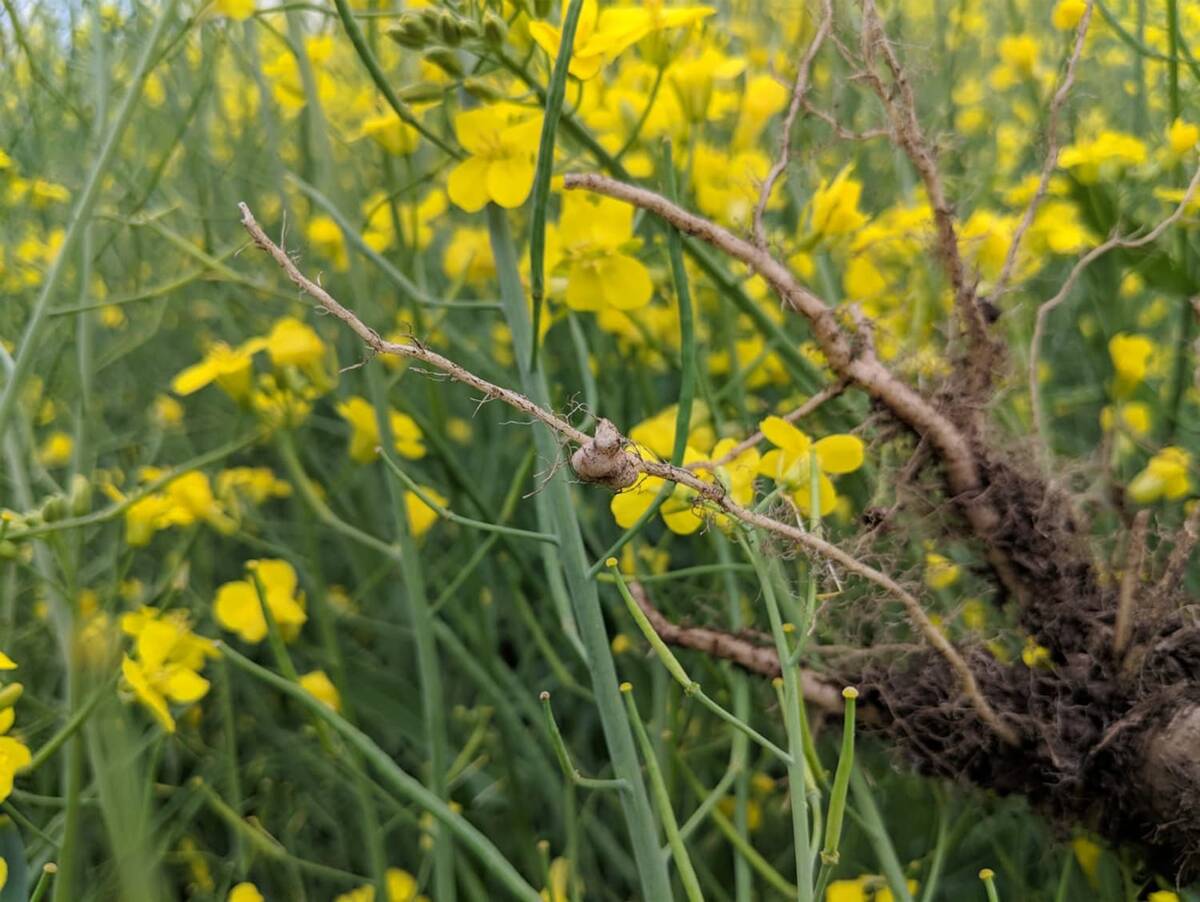Sector thinks provincial government decision is more about pressure from animal rights activists than risk from COVID-19
The British Columbia government plans to shutter the province’s mink farms over the next 18 months due to concerns over COVID infections in the fur-bearing animals.
Those in the fur industry claim the move isn’t based on science and will devastate the families who farm mink in the province.
The government decision follows months of COVID restrictions on the nine mink farms in B.C’s Fraser Valley after positive cases were discovered in 2020 in mink and the humans who work with them.
“Three of the nine mink farms so far have had challenging outbreaks that has led to transmission between mink and humans and humans back to mink,” said Dr. Bonnie Henry, B.C.’s medical officer of health.
Read Also

Going beyond “Resistant” on crop seed labels
Variety resistance is getting more specific on crop disease pathogens, but that information must be conveyed in a way that actually helps producers make rotation decisions.
Henry said an initial assessment indicated there was low risk in maintaining the industry. However, the matter was reassessed after measures to prevent COVID spread on one of the farms failed to stop viral transmission.
“So, mink farming continues to be a health hazard in my opinion and the opinion of my colleagues,” said Henry. “We don’t see that assessment changing in the short term.”
She added that break-through cases are being found in mink farm workers who are vaccinated and there are fears the disease could spread outside the farms or lead to new variants.
Fur industry advocate Alan Herscovici disputes those claims, saying the move is out of step with other jurisdictions that deal with the same COVID issues.
“Despite the rhetoric, there is no scientific justification for what the B.C. government has announced,” said Herscovici, who runs the website Truth About Fur.
Pets such as dogs, cats and hamsters, as well as deer, have been found to transmit COVID, he said, and there have been issues with avian and swine flu in domestic livestock.
“The government did not shut down chicken and pork production,” Herscovici said. “The government, the authorities, worked with producers to manage through this and that is what is happening in the United States.”
He suspects the order to close mink farms has more to do with pressure from animal rights activists than with efforts to control COVID.
“One wonders whether or not they just decided PR-wise to quiet the storm to sacrifice these nine farmers — these nine families — to quiet it down and just play safe,” said Herscovici.
Asked about that possibility, Henry said the decision was based solely on public health.
“This decision is really about that,” she said. “The broader question about whether there should be farming at all in the province is an important question. It’s not what has factored into these decisions.”
Of the 60 mink farms in Canada, mostly based in Nova Scotia and Ontario, only three in B.C. have been found with COVID-infected animals.
More than 300,000 B.C. mink will be banned by April 2023 and all mink farm operations are required to cease by 2025 and have all pelts sold.
The temporary ban imposed earlier this year on breeding mink in B.C. is now permanent.


















